Albania celebrates the lunar Spring Day (Albanian: Dita e Verës or Dita e Luleve) on 14 March, and in 2004 it became a national holiday. It is an old pagan practice, particularly popular in the city of Elbasan, Central Albania.
According to some sources, Dita e Verës derives from the Arbëreshë, an Albanian community that lives in Italy since the fifteenth century. On 14 March, the Arbëreshë of the Italian coast, collect a tuft of grass roots and soil, bringing it home to commemorate the anniversary of their emigration from Albania. In fact, some sources date back this celebration to the ancient Illyria. At that time, the feast was celebrated on 1 March, which according to the Julian calendar, corresponded to the first day of the year.
Pilgrimages were made to the highest peaks in the Albanian mountains to be as close as possible to the Sun God and pray for the goodness and prosperity of the new year. The great fire crossed by men and young people symbolized the end of winter. Instead, wreaths and garlands on the doors of the houses wished good luck. The purity of the celebration has weakened over the centuries but came to this day thanks to the tradition preserved in the city of Elbasan.
The ritual of the Dita e Verës begins on the previous day with the preparation of sweets: the revani and ballakume, the blended butter, sugar, corn flour and egg yolks cooked in a wood oven. During the evening ballakume, dried figs, walnuts, turkey legs, boiled eggs, simite (a typical sandwich of the city) are distributed to members of the family. The oldest woman of the house remains awake at night and goes from room to room to put down grass on the cushions of couples, young people and children, a ritual that symbolizes the regeneration and quickening.
On the morning of 14 March, the elderly leave the door open as a sign of generosity, a pitcher filled with fresh water and take home a clump of green grass. The youngest fertilizes the orange and olive trees, but the smaller ones are the first to make the "lucky" visits to neighbors and relatives who give them turkey legs, dried figs and nuts. Finally lunch on 14 March, should be eaten outdoors in the company of friends and relatives
.http://www.photosnack.com/KlaraPulaha/ditaeveres.html
On March of 1887 in Korca opened Mësonjëtorja the first Albanian . Teacher and its first director was Pandeli Sotir . Among others, this event was a great victory for the people of Albania , until then giving lessons because the Ottoman conquest privately done within secretly houses. So from that day on 7 March is celebrated in Albania as Teacher's Day to commemorate that important event cultural and historical .
Although in difficult conditions, when learning of the Albanian language due to conditions occurring under Ottoman rule was strictly forbidden, Mësonjëtorja Korca remained open for nearly 20 years. Its leaders were prominent figures of the Renaissance Albanian as Pandeli Sotir, from Petro Nini , Naci Nuci , Thoma Avrami , etc. The largest contribution to these patriots and prominent activists gave to the nation, evidenced by the fervent desire that they had to spread knowledge among the people. With those options they had were the initiators of the creation of texts first documented school. They devoted a large appliance matter with the appropriate means of teaching, to make further and distribute them to their students. Educated with high spirit of patriotism these students will become worthy successors in the future of their teachers ideology and devoted fighters in the struggle for freedom and independence .
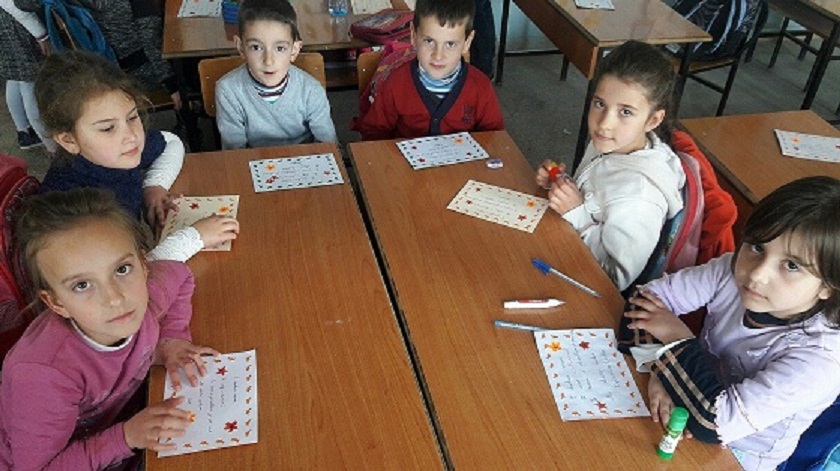
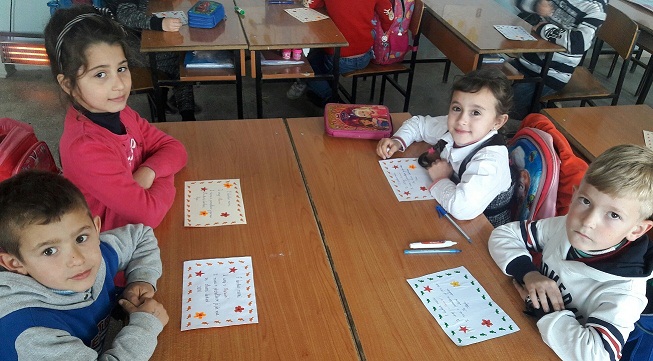
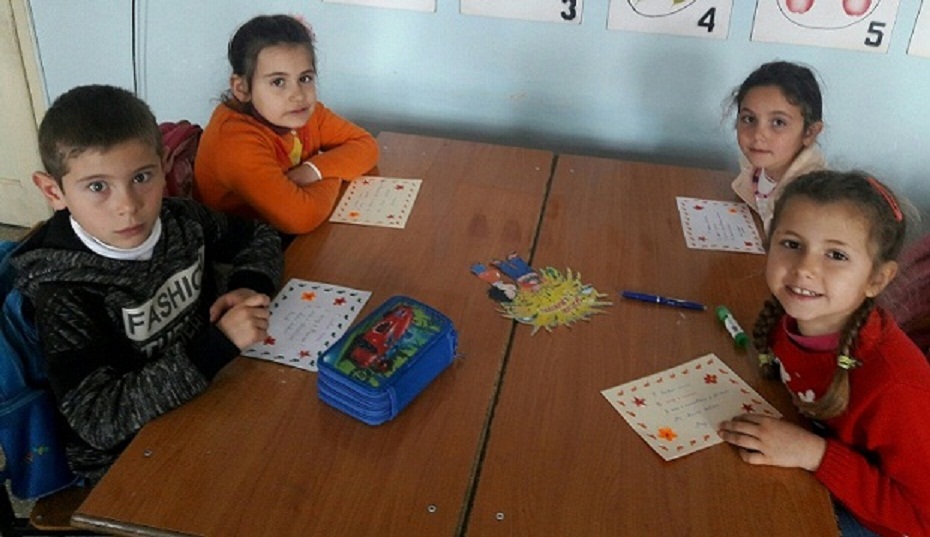
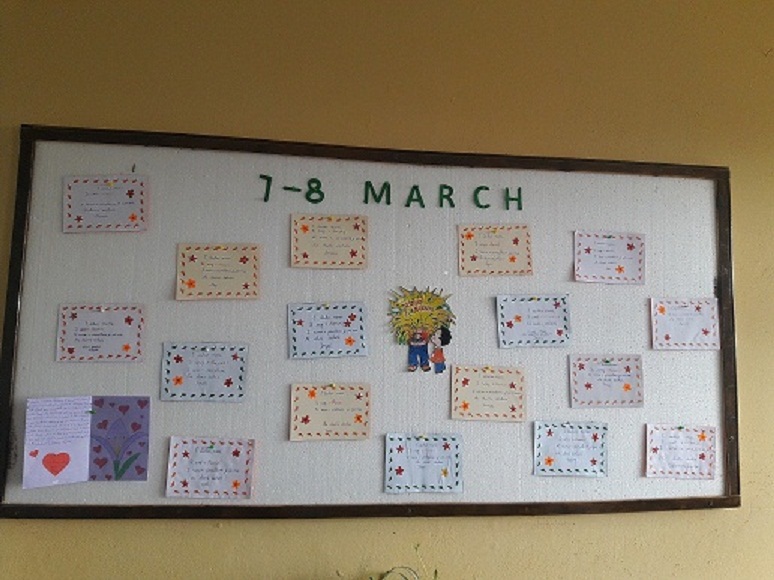
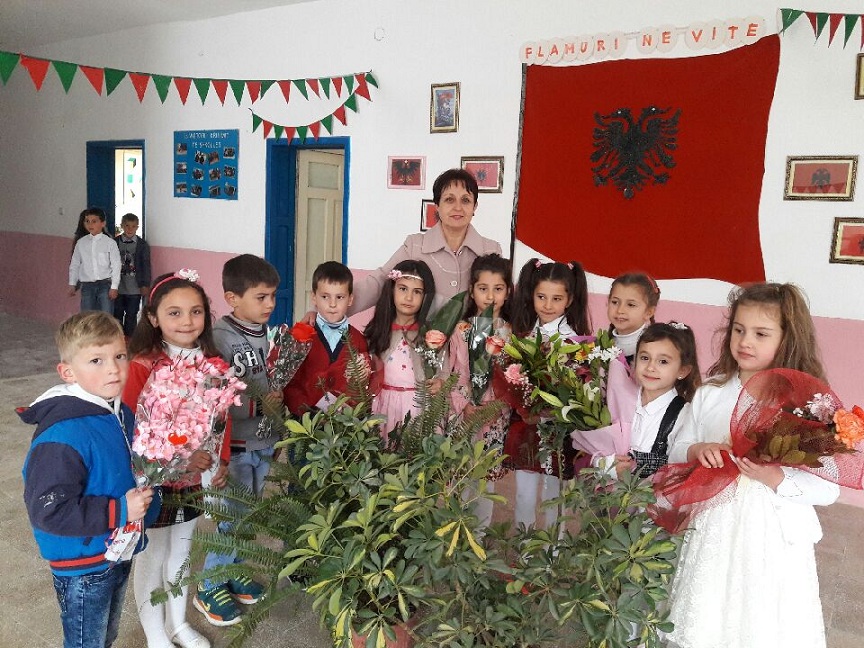
https://www.youtube.com/watch?v=I7DyTqH5NcA